One last trip: Gabriella Walsh’s decision to die — and celebrate life — on her own terms
https://www.latimes.com/california/story/2022-08-01/death-with-dignity-gabriella
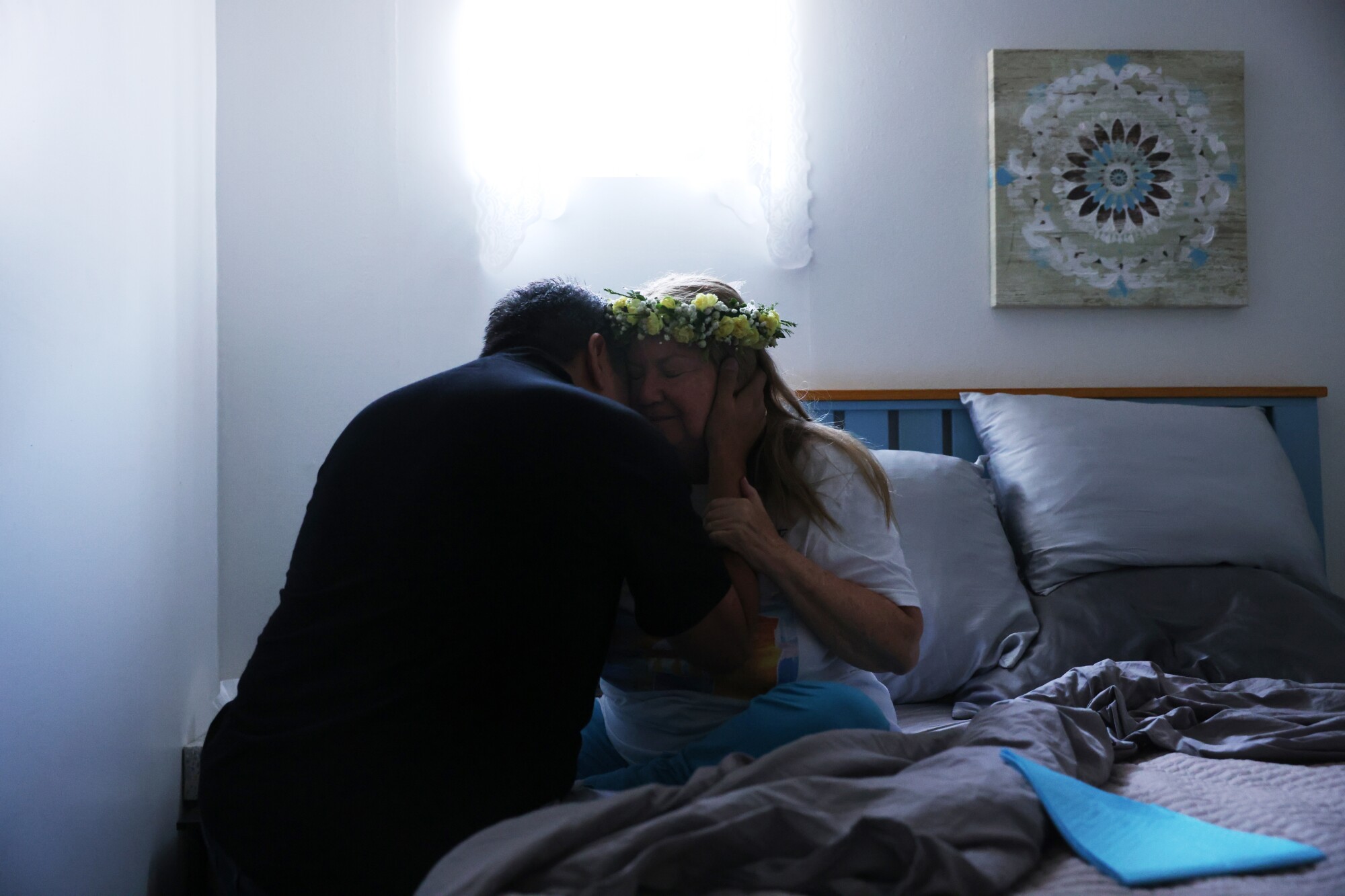 Gabriella Walsh knew she wanted to die on a Saturday.
Gabriella Walsh knew she wanted to die on a Saturday.
She’d settled on July 16, dressing that morning in a flower crown and a T-shirt with a picture of a dragonfly, an image that had comforted her in recent weeks. She took a deep inhale from a bottle of lavender oil and listened to a playlist of sea sounds.
Earlier in the morning, friends and family nuzzled up against her in bed. Rest easy, they told her, and keep wandering.
“I just feel like I’m going on a trip,” she said calmly.
Two women sit on a bed and one holds a phone
Melanda Woo, left, embraces Gabriella a few hours before Gabriella dies through medical aid.
(Dania Maxwell / Los Angeles Times)
Within two hours, she would drink a fatal dose of medications prescribed under California’s death-with-dignity law, which allows some terminally ill patients to request drugs to end their lives.
The option had given her profound comfort in her final weeks — as had knowing that, in the end, she’d have Jack Barsegyan, the registered nurse who managed her hospice care, and Jill Schock, a death doula, at either side of her bed.
“My Jack and Jill,” she often called them.
Born Gabriela del Carmen Torres Acosta on the first Friday of 1958, death was, perhaps, her earliest memory, thus stripping away much of her fear of it.
When she was 2, she stumbled upon her grandfather slumped lifeless in the hallway of their family home in Quillota, Chile, an agricultural community north of the capital. A few months later, a chance illness — gorging on so many strawberries that she got severe diarrhea — led to an appointment where a doctor discovered that a small opening in her heart had never closed properly after her birth. She soon underwent open-heart surgery.
Another five years passed, and during their bedtime ritual, her father asked her to let their hug linger, sensing it might be their last.
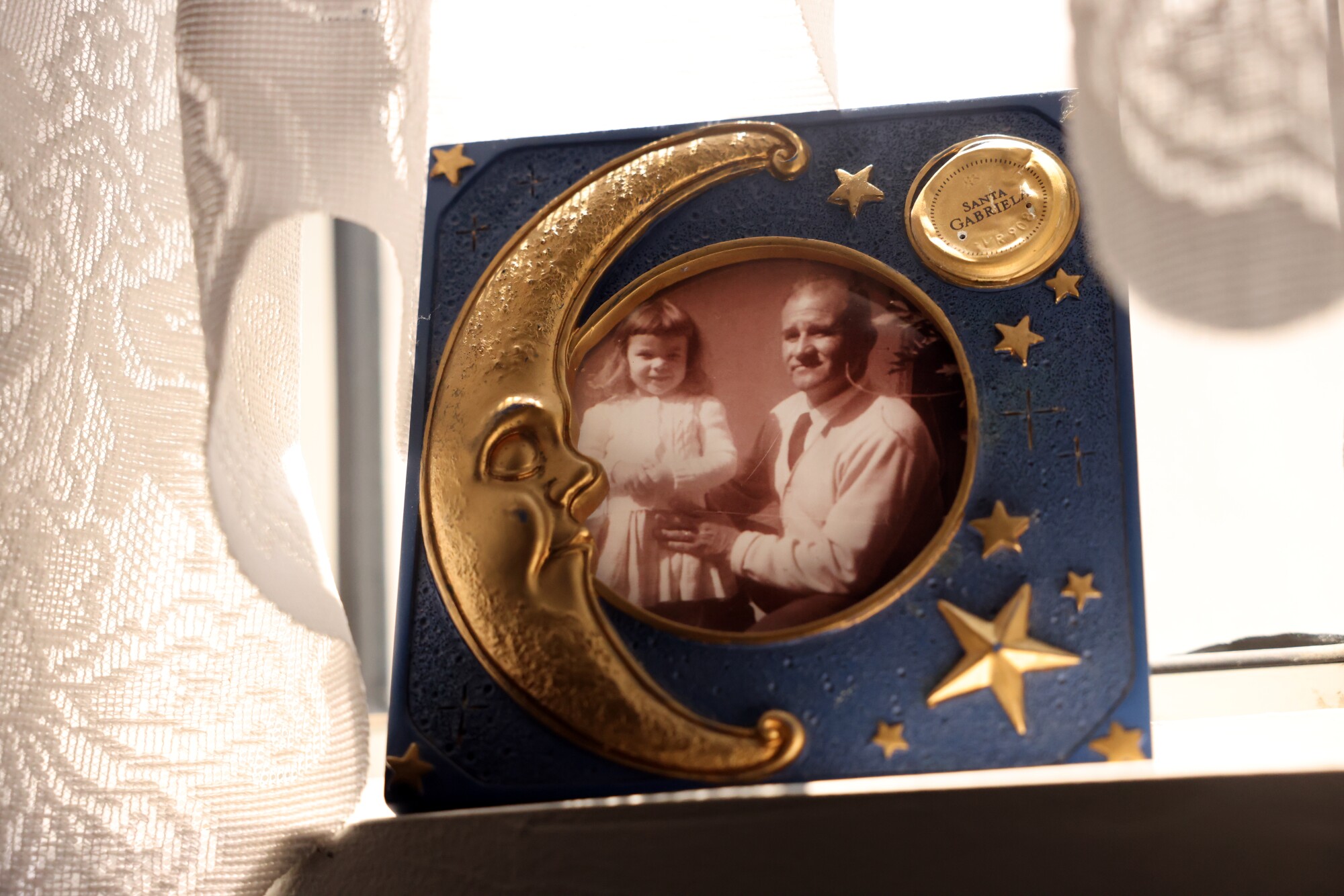 “Este puede ser nuestro último abrazo.”
“Este puede ser nuestro último abrazo.”
A framed photo of a little girl and man
A photograph of Gabriella and her father was one of the last mementos she had on display in her home before dying.
(Dania Maxwell / Los Angeles Times)
He died of a stroke within hours, and his body was transported home from the hospital, as was often the custom then. Once the adults cleared out of the living room, she dragged a chair next to her father’s body, which was covered by a sheet, and rested her small hand on his shoulder. She sat with him for what felt like an hour.
“I had no fear,” she recalled. “I was neutral.”
In junior high, she and her mother moved from Chile to Sherman Oaks, where they reunited with Gabriella’s oldest sister. She now had a new home, a new language and a slightly new name — “Gabriella” with two Ls after officials misspelled it on immigration paperwork.
After graduating from Van Nuys High School — where she met a group of girlfriends she stayed close with through the years — she got a job as a medical assistant helping a podiatrist who worked at convalescent homes. The patients often looked unkempt and rarely had visitors.
“That’s not how I want to have my last days,” she thought, then 19.
Before long, a co-worker introduced Gabriella to her brother, who became Gabriella’s husband. They wed at a chapel on Topanga Canyon Boulevard. A little over a year later, when she was 23, she gave birth to a little girl she named after actress Natalie Wood. She felt immediately in awe of her daughter, but also deeply unprepared to be a mother.
Through the years, she worked in advertising and as a personal assistant and, later in life, as an interpreter and translator. She was, for a time, a born-again Christian, a faith she followed her ex-husband into and left around the time they separated. Later came a yogi phase, another she described as a Buddhist vibe, and then, in the end, nothing at all.
“If there was a chance of something — some connection, some job, some friendship — it was, ‘I’m in. I’m all in,’” recalled her longtime friend Kathy Menzie.
Gabriella lived, for a time, in Miami and Australia, and traveled through Mexico, Guatemala, Costa Rica and the Caribbean, where she sailed on a boat called the Knauty Knott. In the mid-2000s, she visited Amsterdam with an employer-turned-friend who was researching cannabis and steroids in bodybuilders. Maybe she’d return when she was older, she thought, knowing that the Netherlands had a death-with-dignity law on the books.
In her final weeks, while paring down belongings, she found a folded piece of graph paper with names and short descriptions of long-ago lovers.
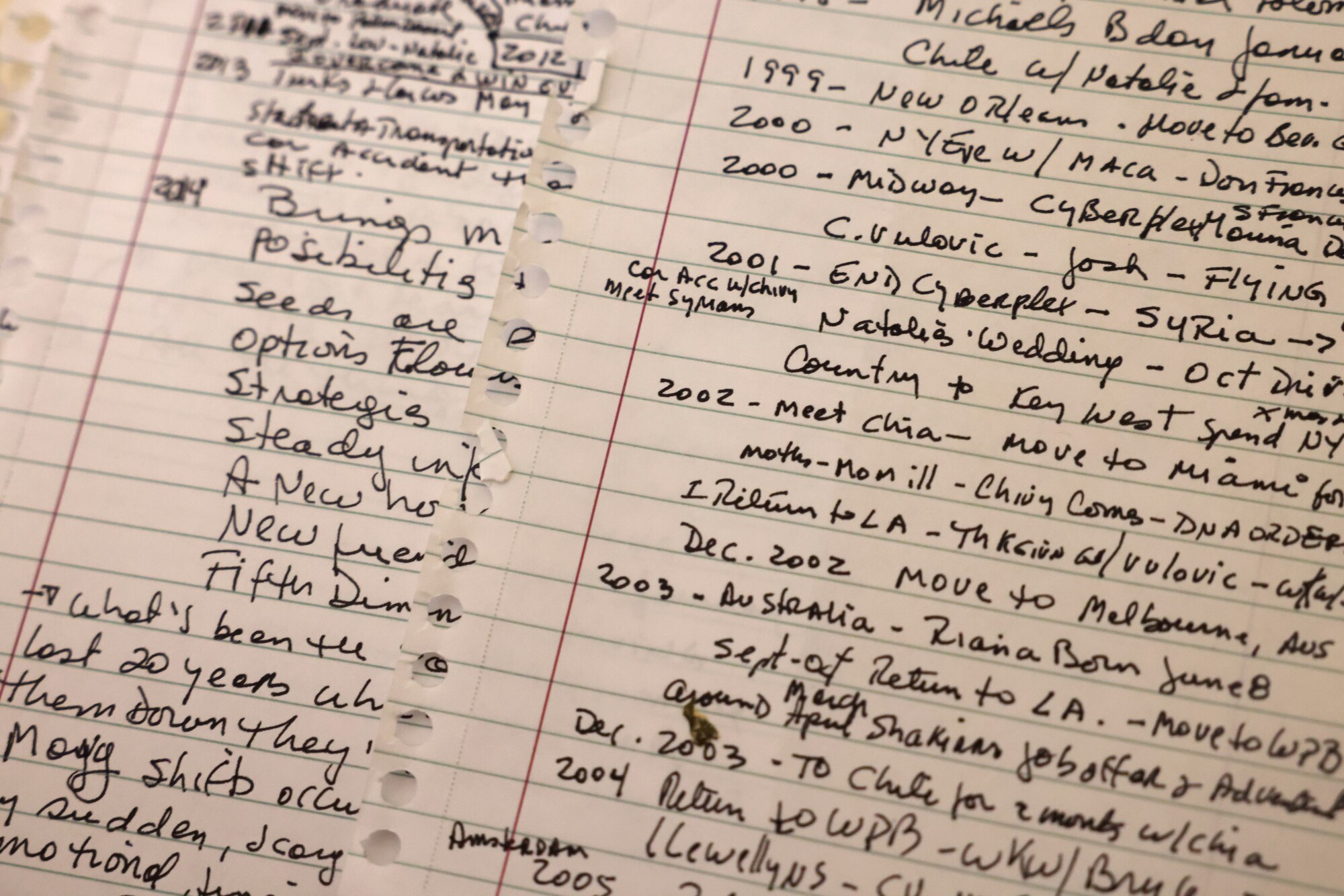
Filed under: General Problems


















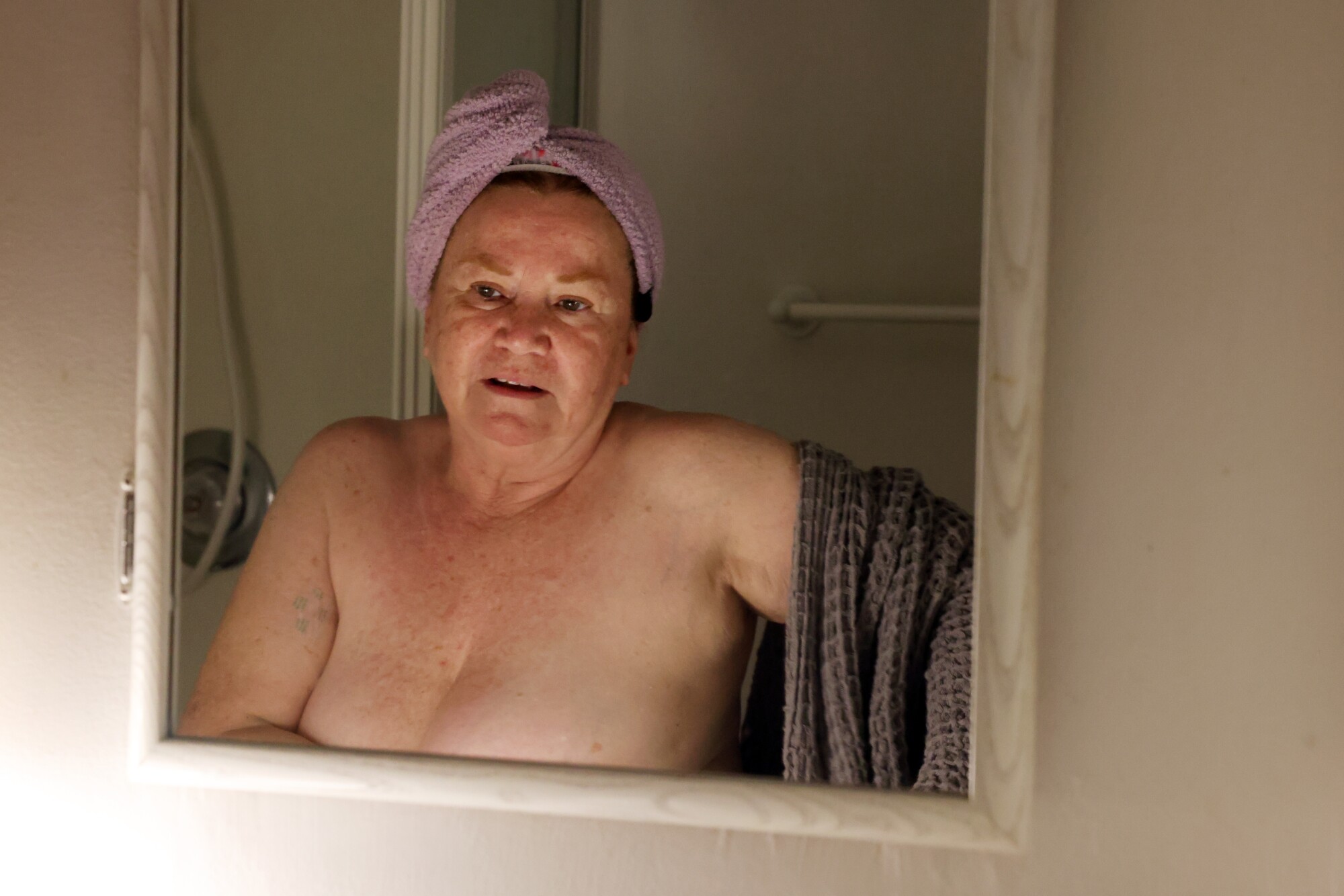
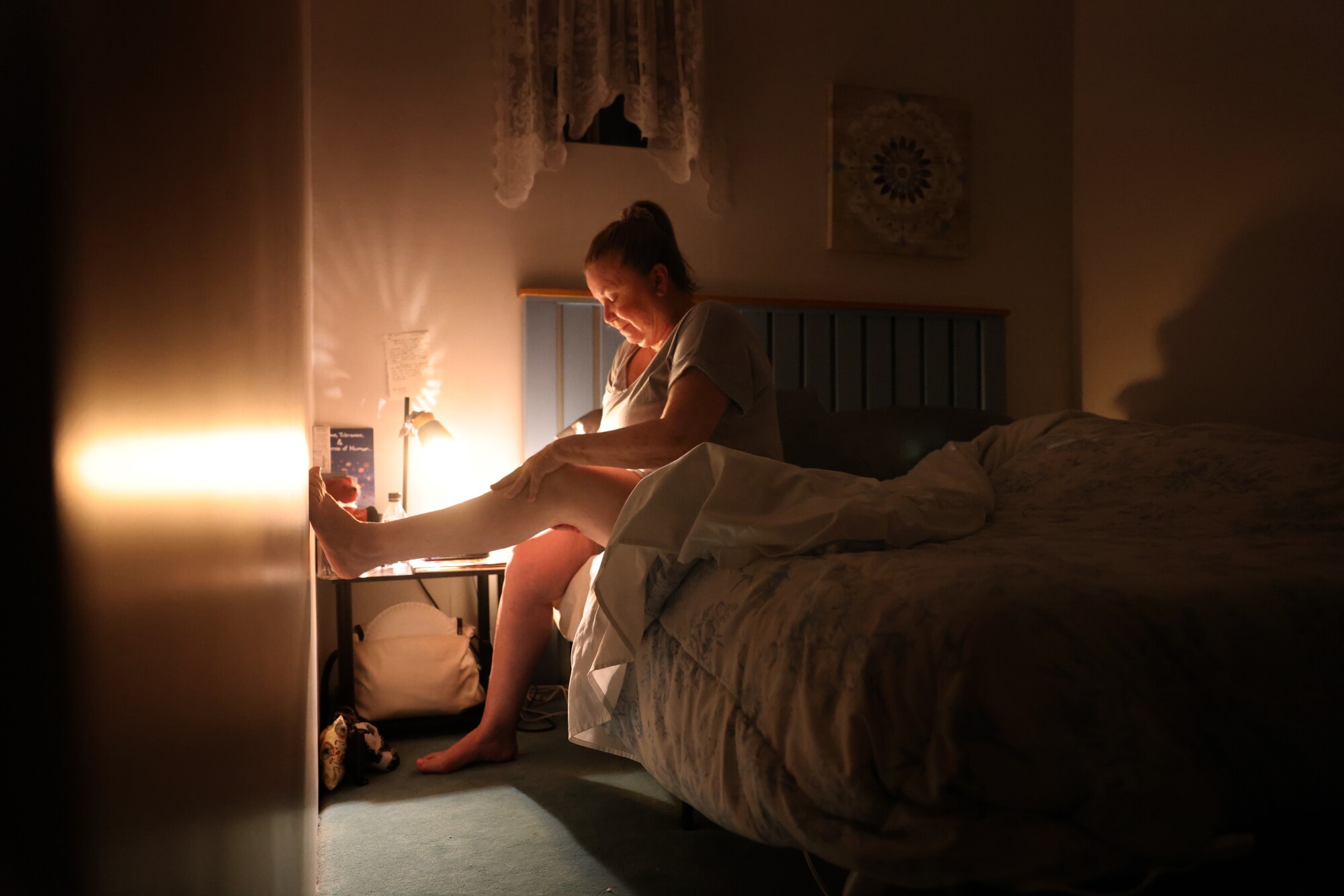
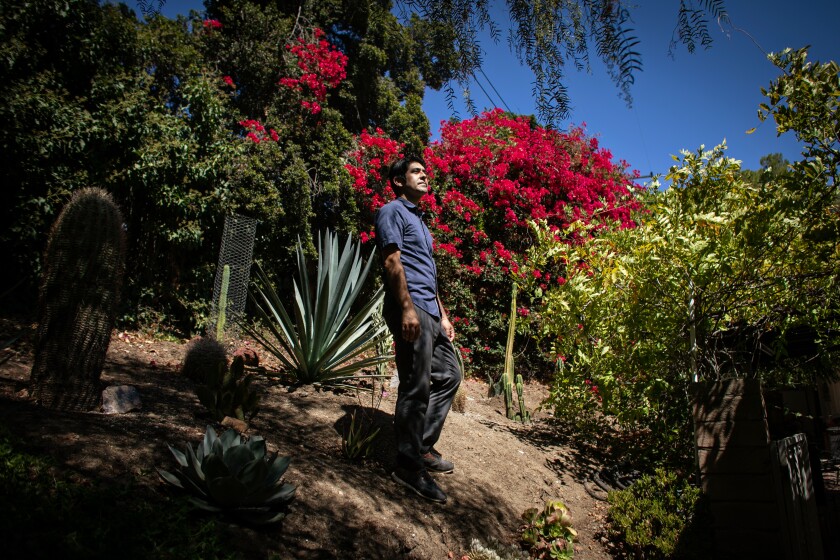
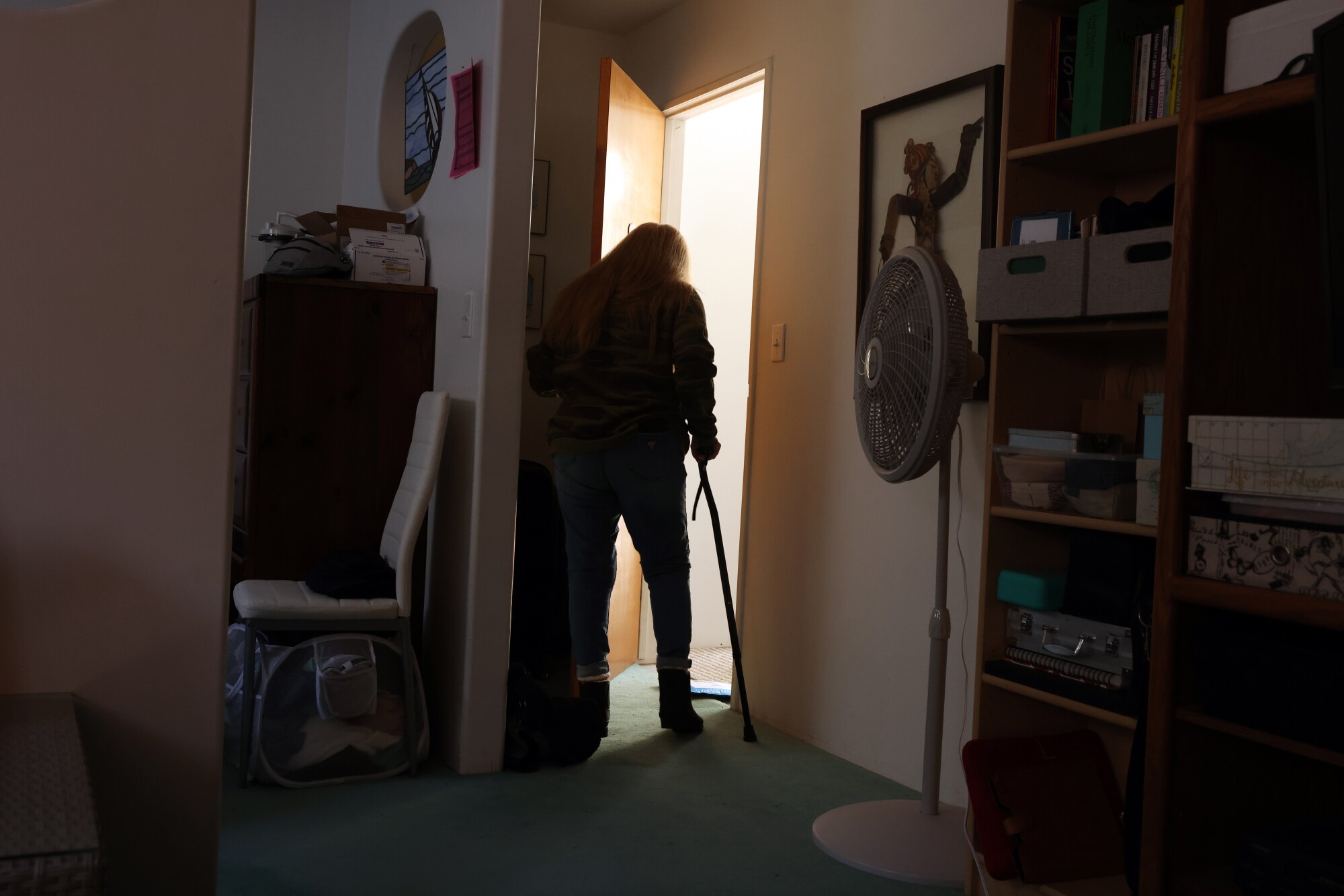
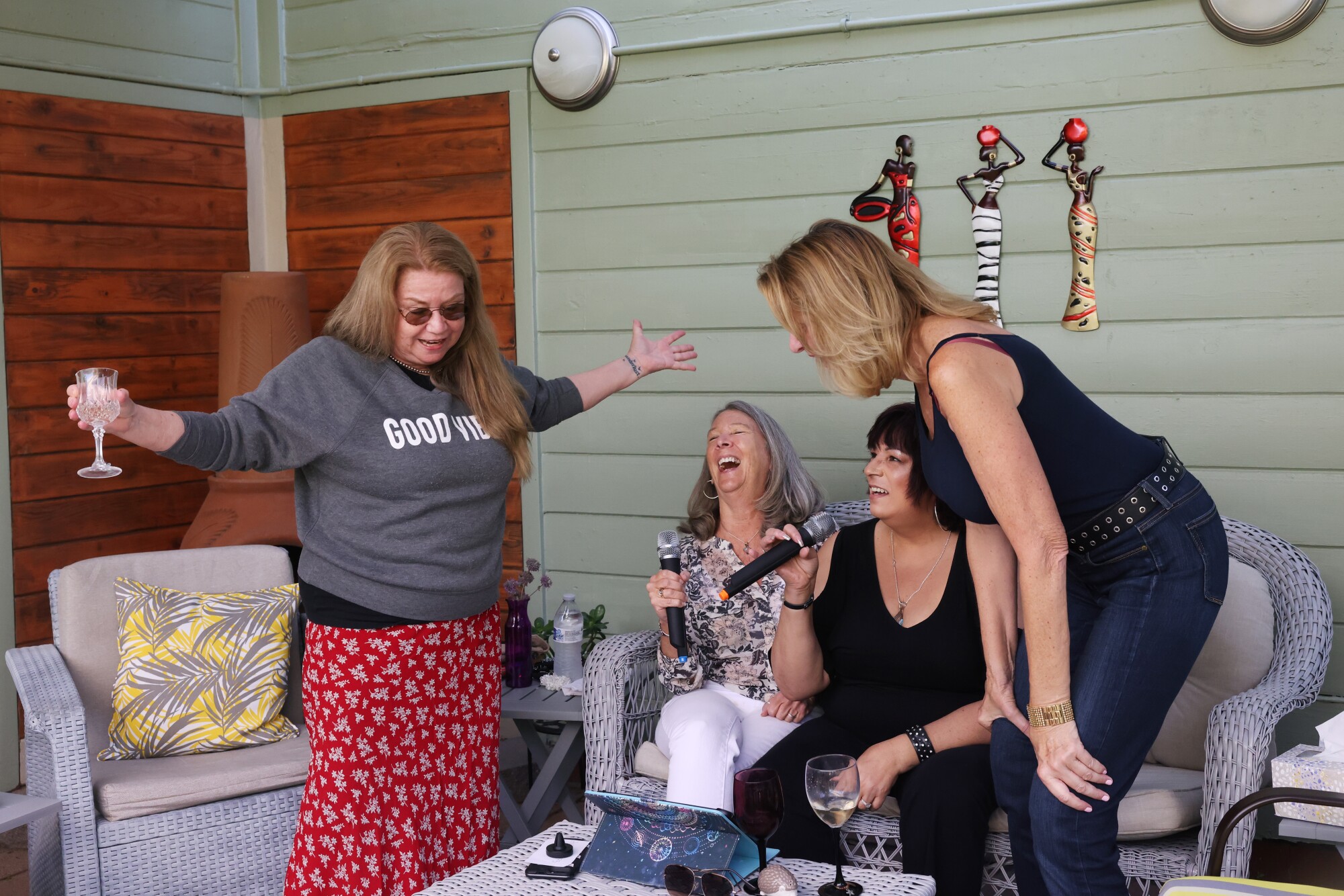
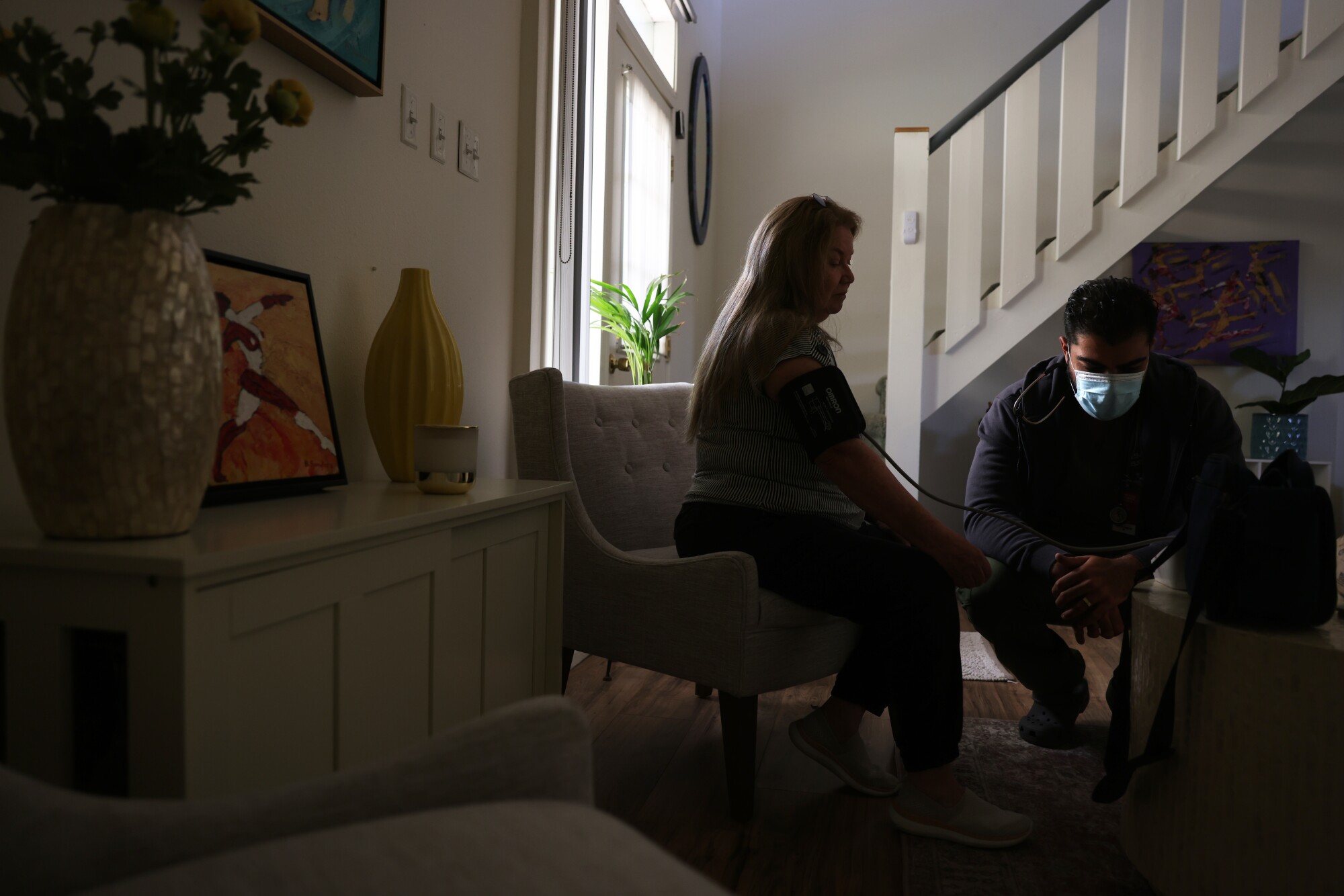
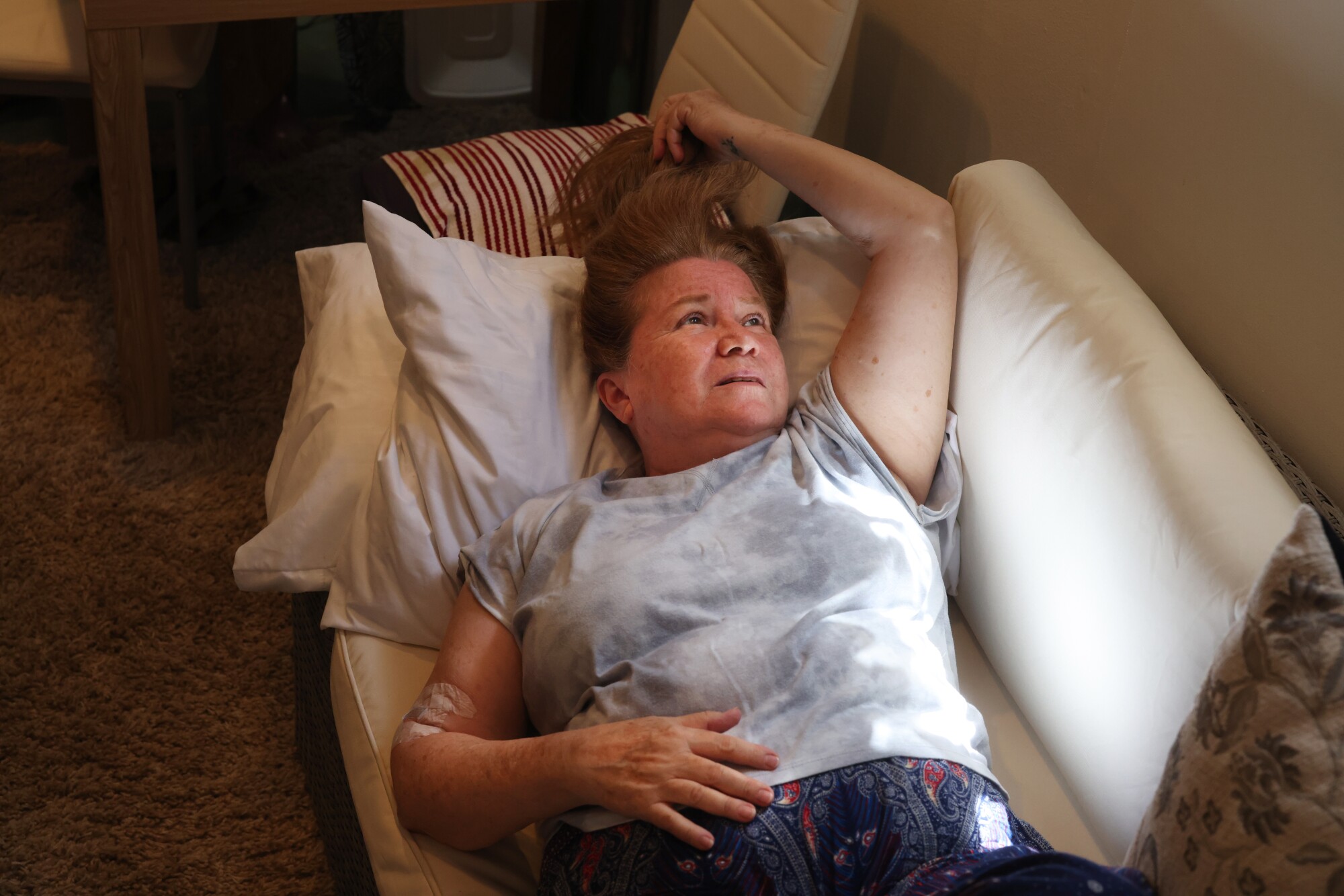
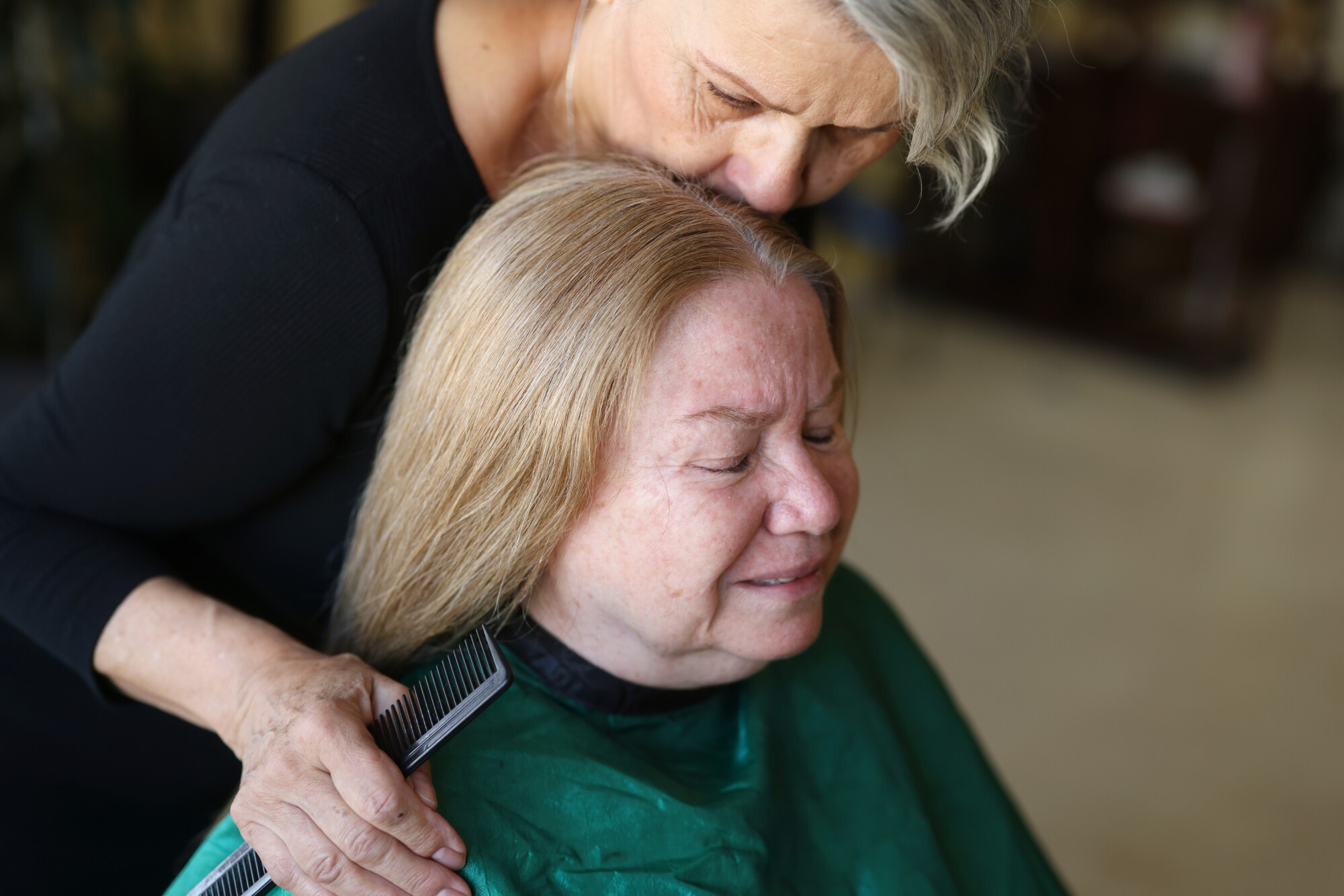
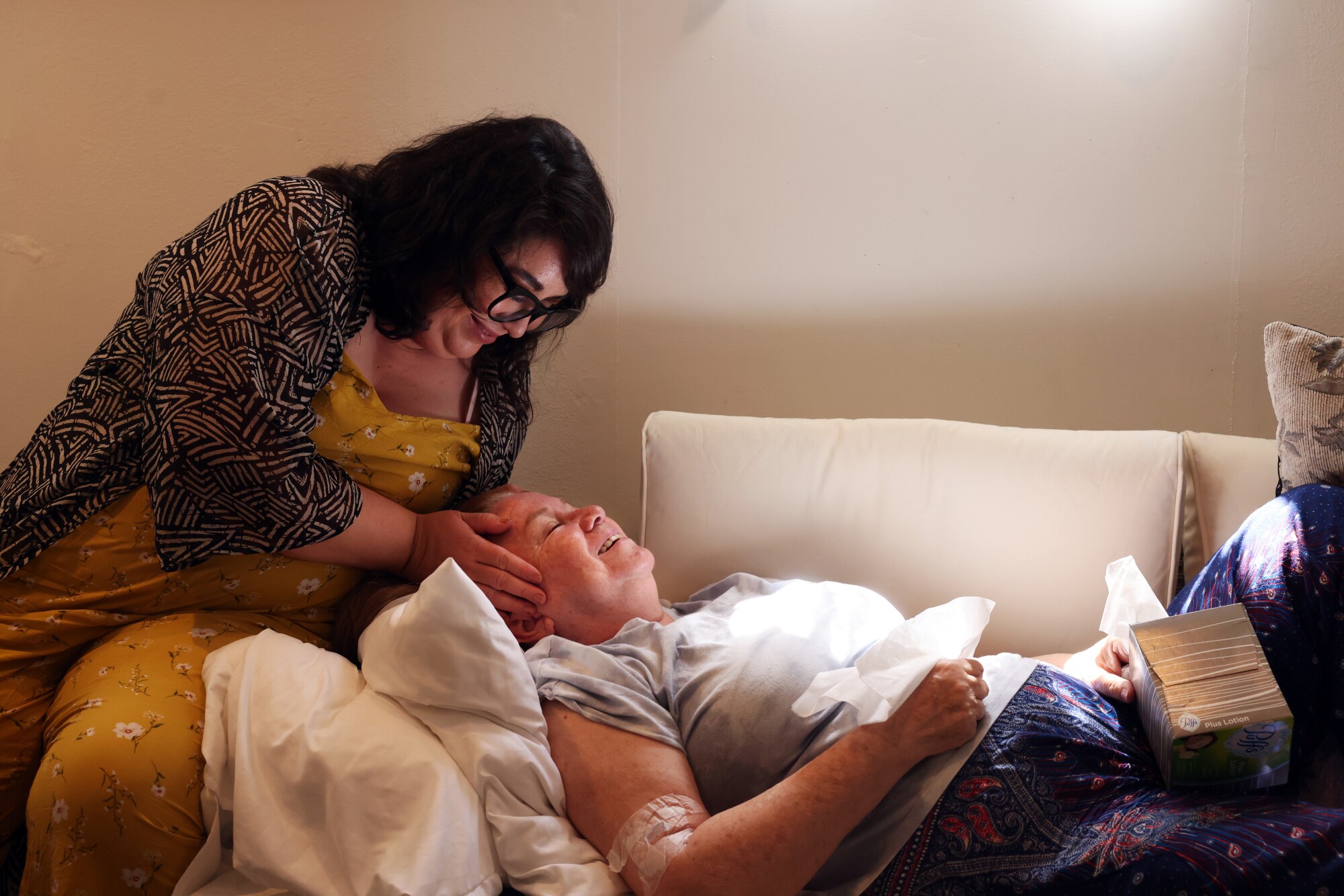
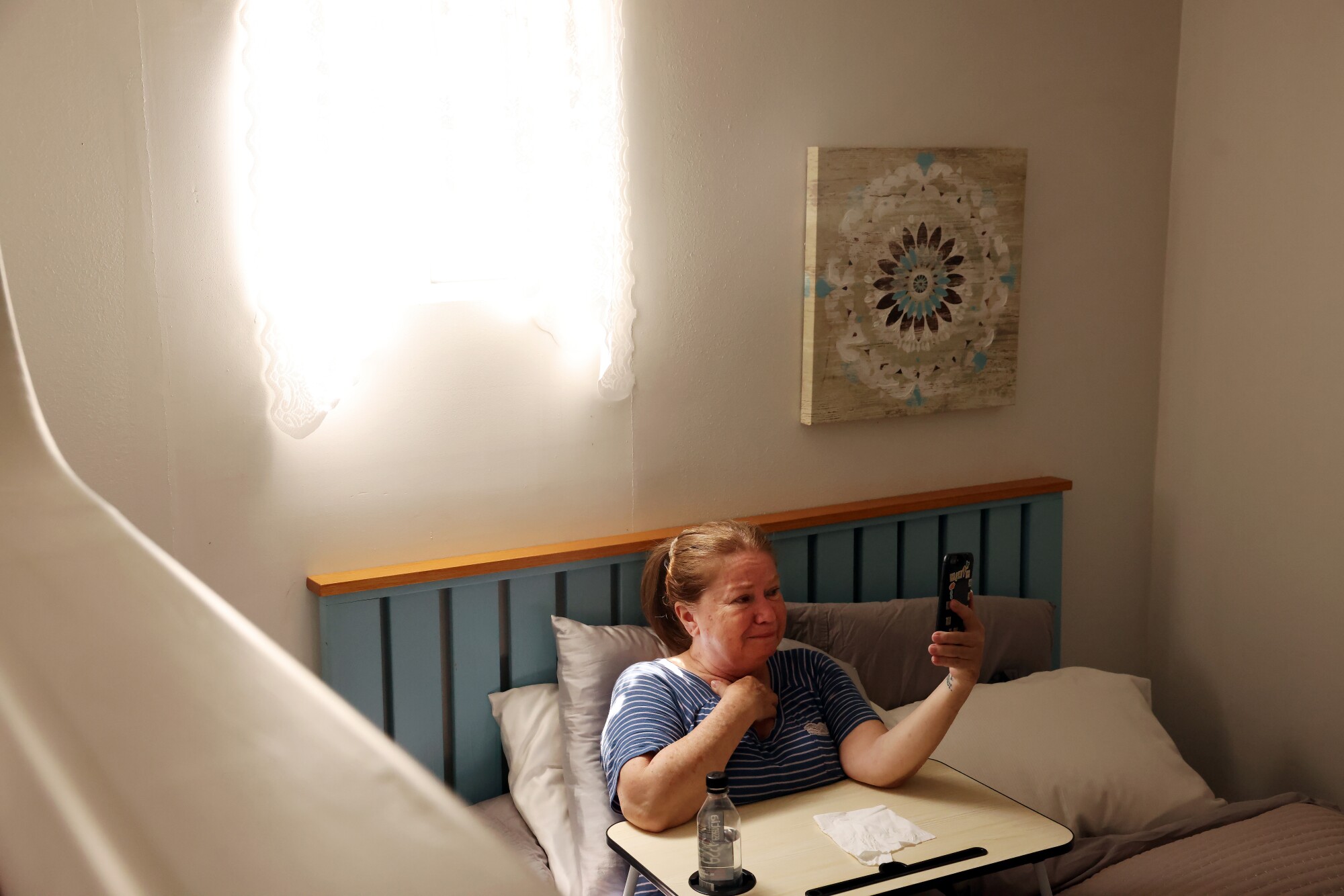
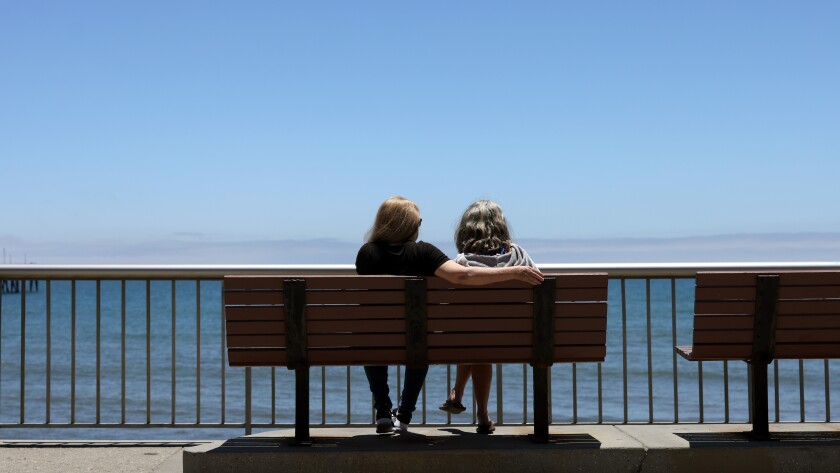
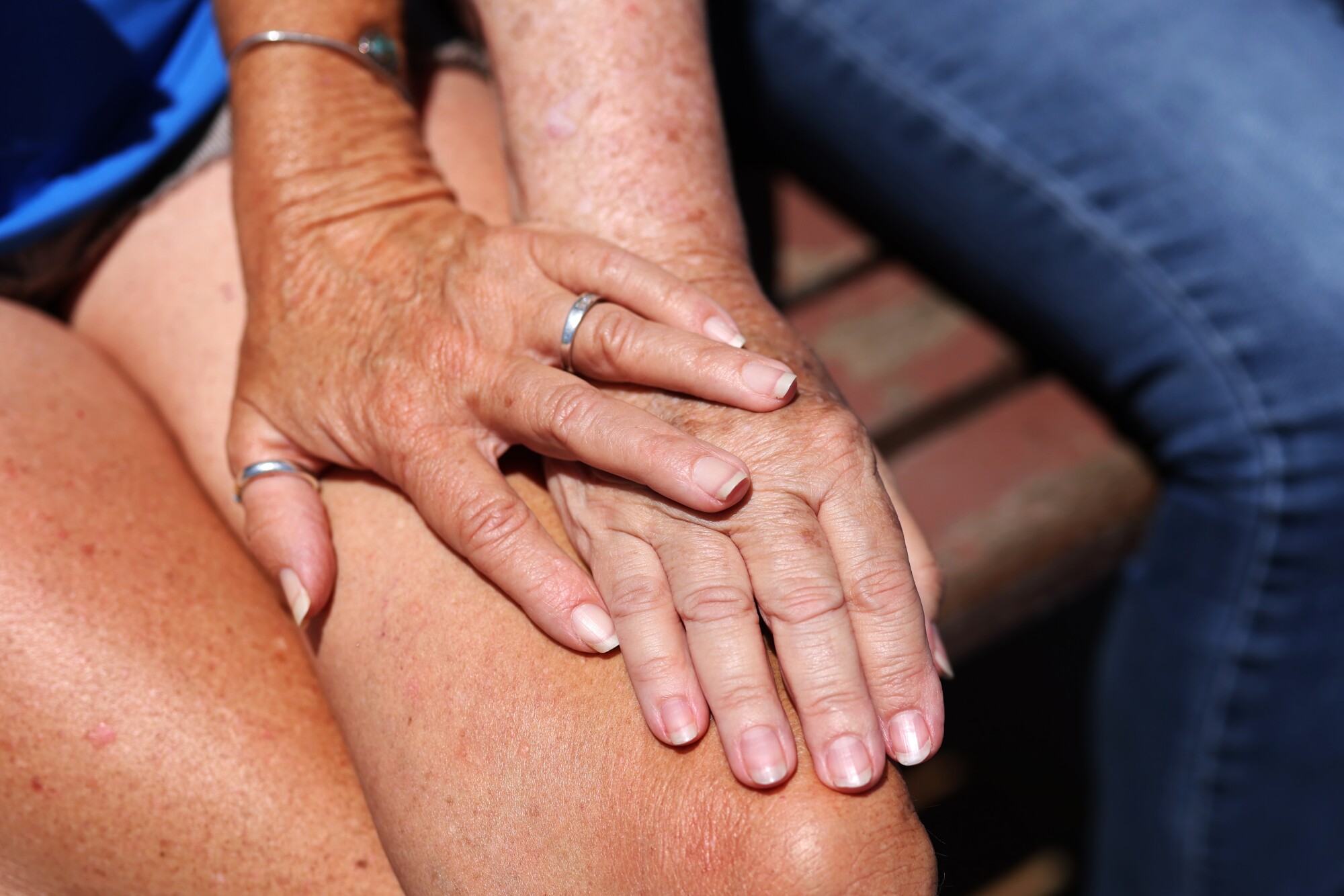
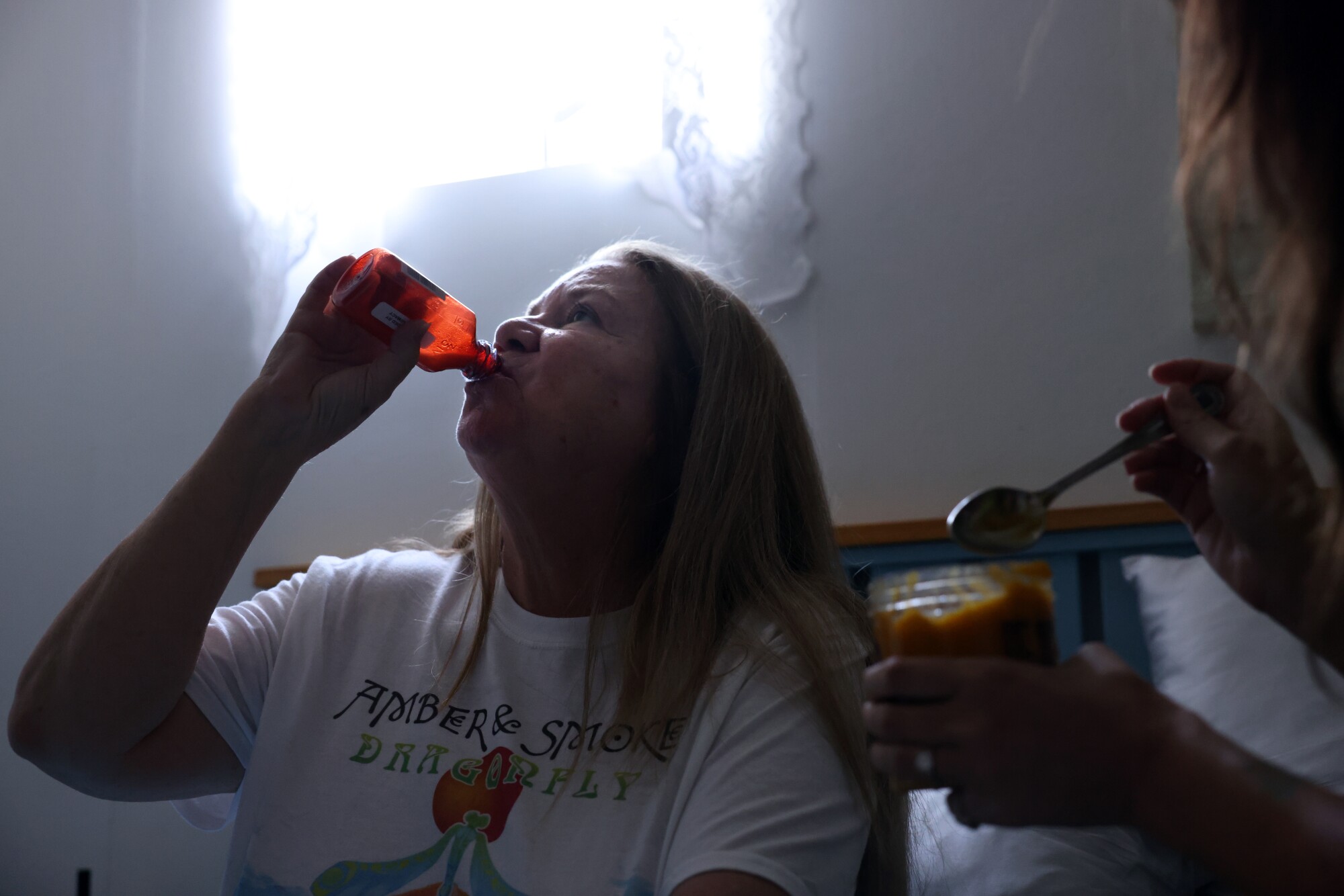
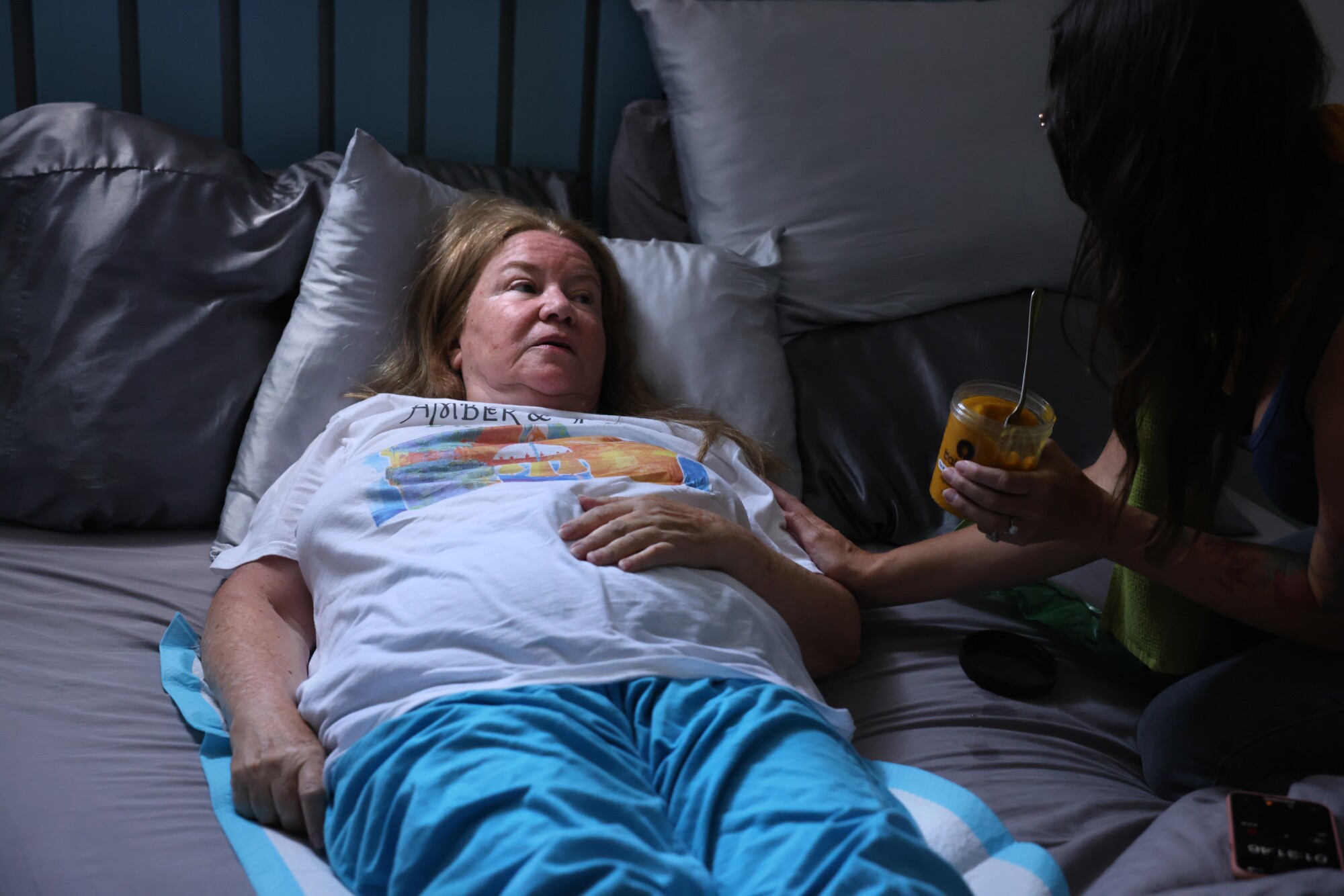
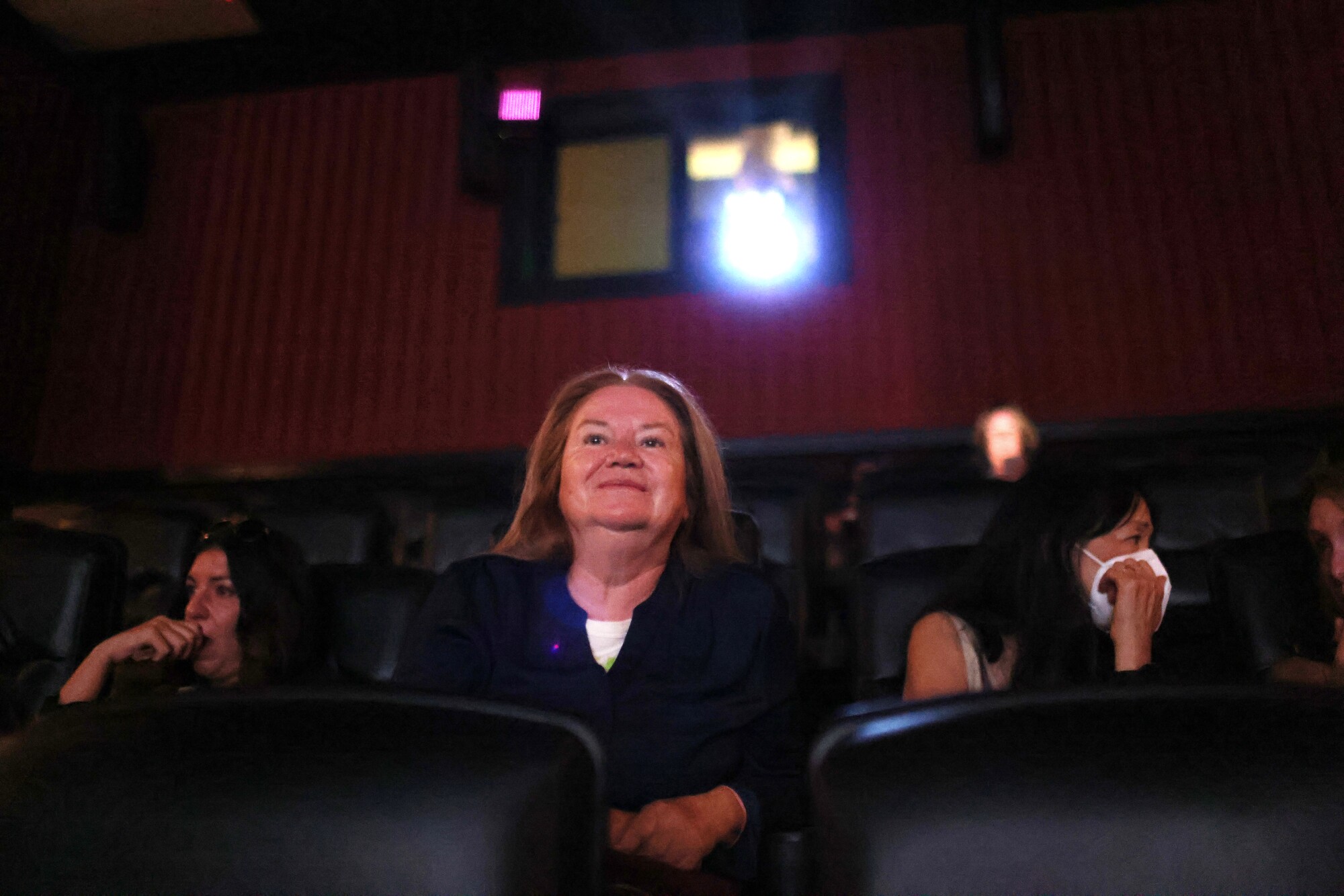
Very courageous honorable women,,I hope she’s finally at peace,,r.i.p.,,,,maryw